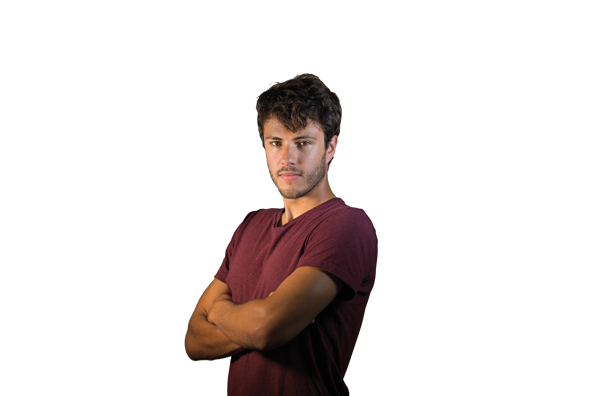Uncertainty usually has a negative connotation. “I don’t know” is a wrong answer on an exam. You wouldn’t list “indecisiveness” as a skill on a CV, or describe yourself as “filled with doubts” on your Tinder profile. And how many times have you heard a friend complain of a romantic partner: “they just don’t know what they want”?
There isn’t really any area in our lives we’re encouraged to be uncertain, and especially not at university, when in general we’re trying to answer questions rather than ask them (with the possible exception of philosophy students). But my guess is that a lot of us are more uncertain than we pretend to be – only we don’t like to show it, because at university the metric we’re graded against is how much we know, not how much we don’t know.
And this age of digital connectedness makes it even harder to admit uncertainty, when the definitive answer to so many questions is no more than a quick Google away. How is loquacious spelled? What’s wainscoting? Where is Amarapura? With such obscure knowledge so readily available, the idea of not knowing something can be hard to imagine.
Yet, paradoxically, more knowledge leads to more uncertainty. Take for example the decision-triggered anxiety known as FOMO (Fear Of Missing Out). The more parties, romantic possibilities, career paths, and so on that you know about, the harder it can be to make a decision between them.
”You wouldn’t describe yourself as ’filled with doubts’ on your Tinder profile.”
But this uncertainty doesn’t have to be a bad thing. In times of painful uncertainty I find comfort in this quote from Socrates which you’ve probably heard: “The unexamined life is not worth living.” Despite being a cliché, this is still excellent life advice. Examining your life makes you aware of what could be improved. Re-evaluating your plans and beliefs ensures you’re heading where you want to be heading. Sure, it can be uncomfortable to question things you’ve come to depend on, but would you drive over a bridge that hasn’t been stress-tested? You could look at your life the same way.
If you don’t hear it from anywhere else, at least I want you to hear it from me: it’s okay to be uncertain. You don’t have to know everything. While “I don’t know” might not be the most satisfying answer, it’s often the most truthful one – and the most motivational. In my opinion, people should maintain a little uncertainty about their life, a healthy skepticism toward the direction they’re heading. Is this the right way to live?
I don’t know.









